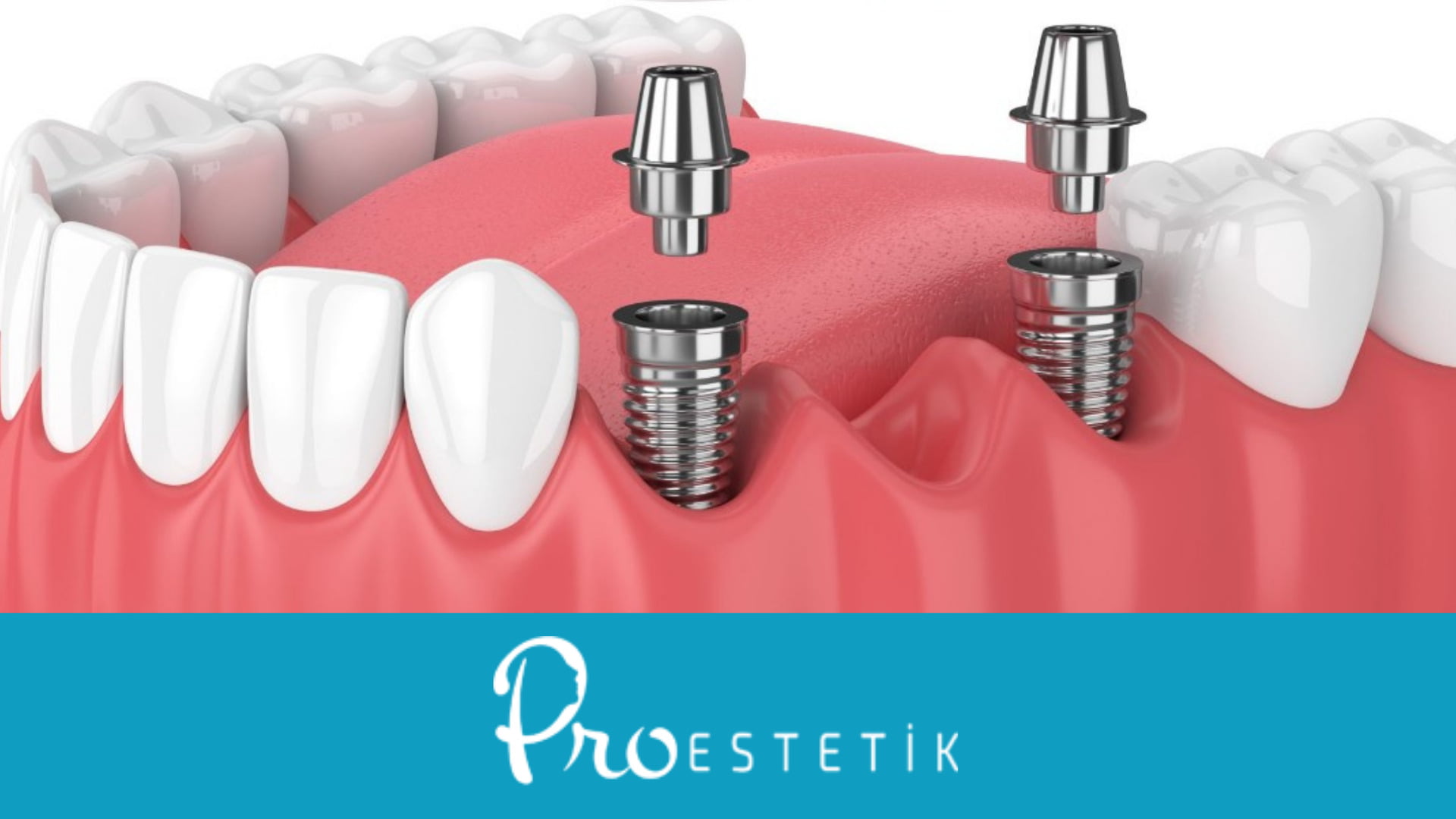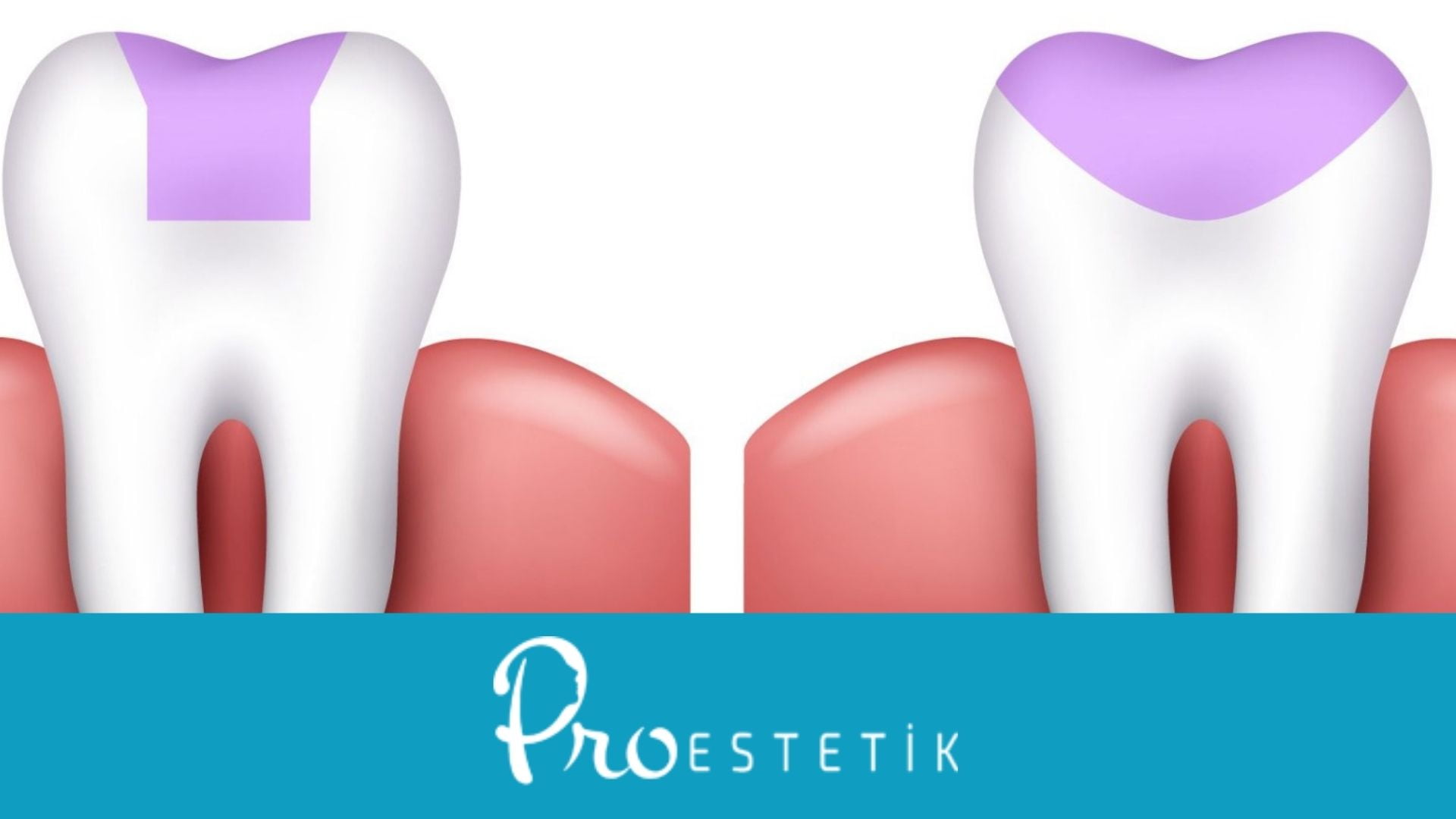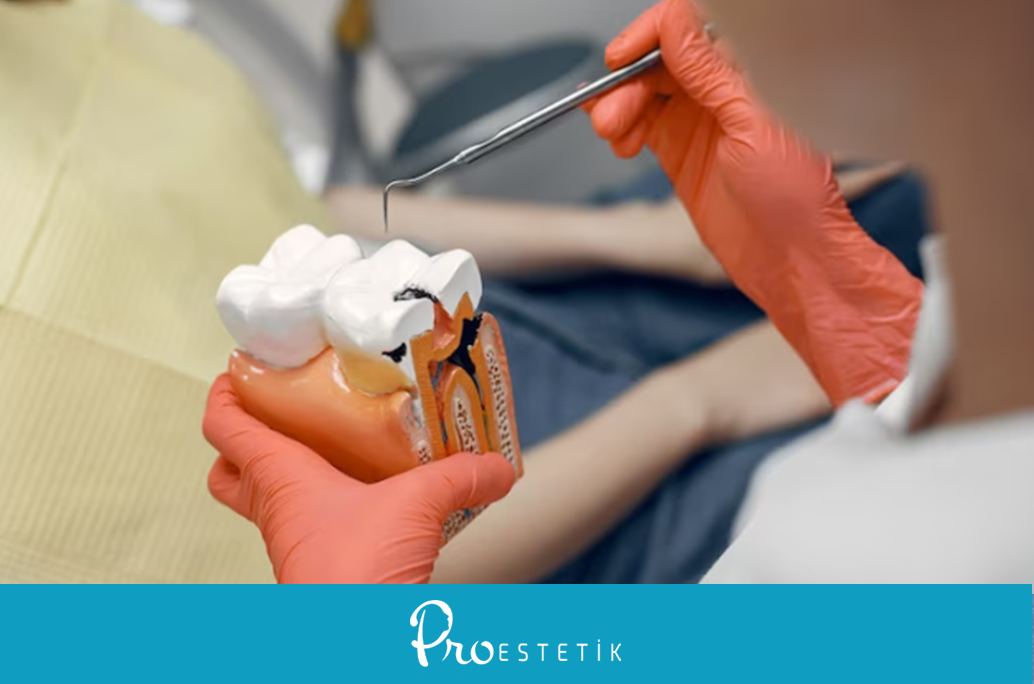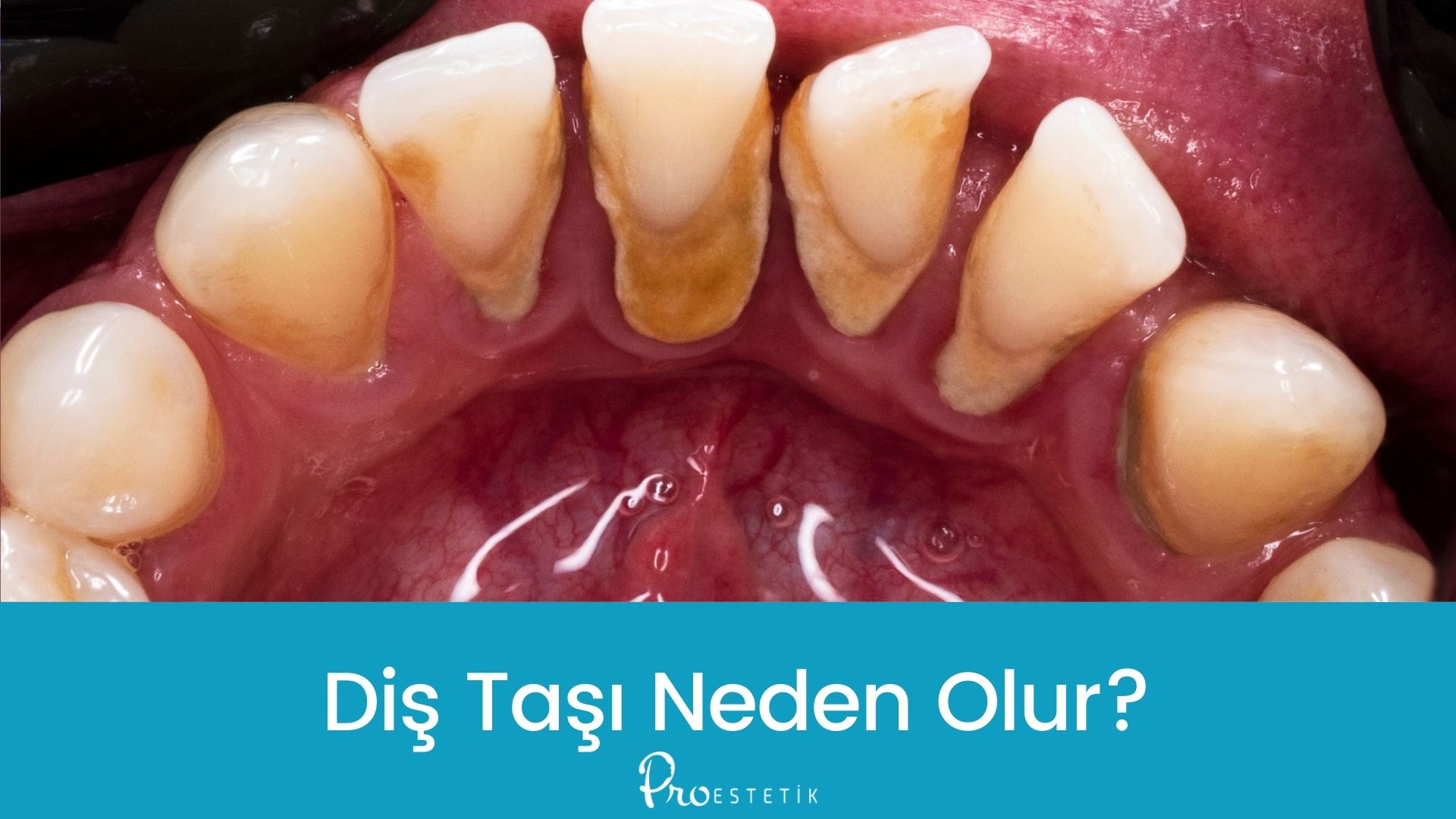Dental cysts are fluid-filled sacs that form in the mouth. These cysts can grow over time, causing pain, swelling, and other dental problems. It is crucial to begin treatment for dental cysts promptly.
We have listed the symptoms of dental cysts step by step! We've also explained the surgery process in detail!
What is a Dental Cyst?
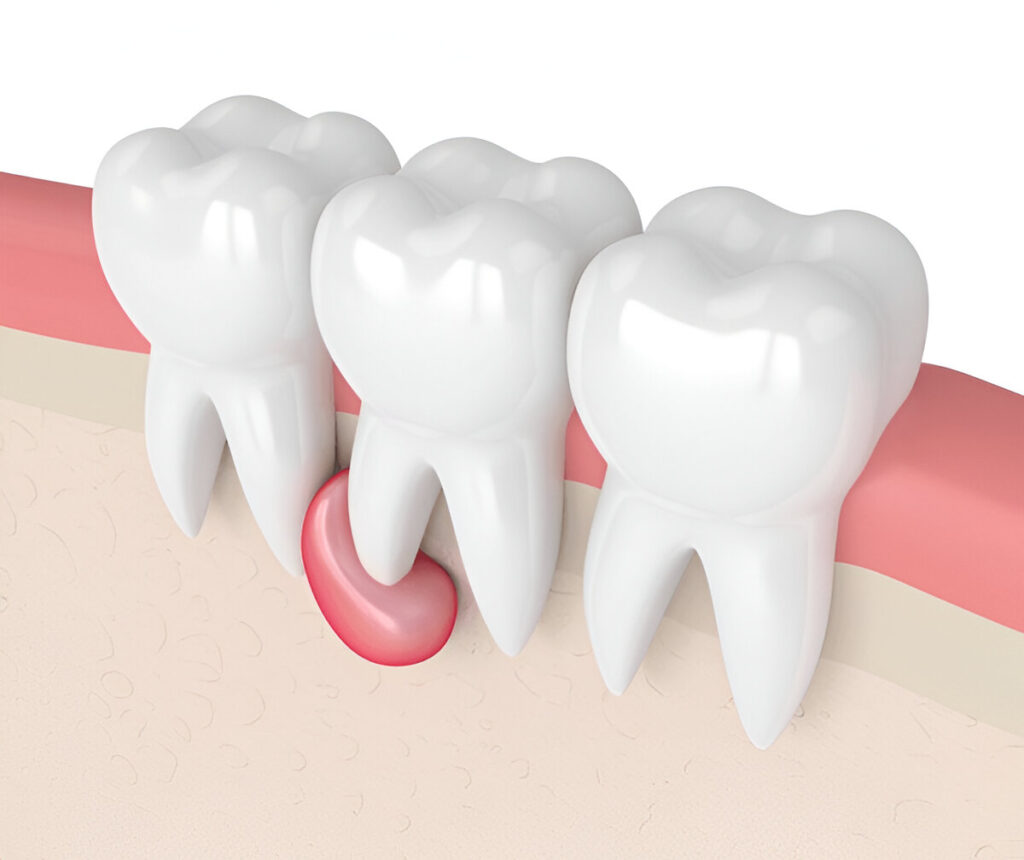
Dental cysts are sacs that form in the mouth, typically filled with fluid. This issue is not commonly encountered during childhood but may appear during the developmental period. They can form due to dental issues or infections.
Dental cysts are usually not a cause for concern and are benign. When treated quickly and appropriately, they do not lead to other problems. However, untreated cysts can negatively affect oral and dental health.
The symptoms of dental cysts may vary from person to person. However, certain symptoms are commonly observed in such cases.
Symptoms of Dental Cysts
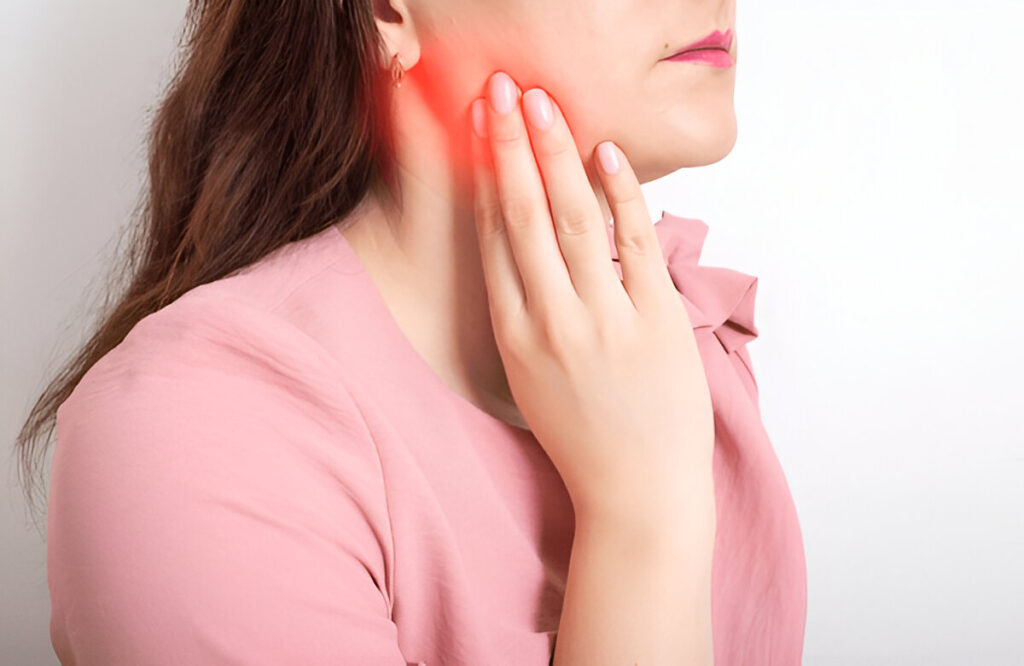
Dental cysts are fluid-filled sacs that may initially go unnoticed, which can make the situation more dangerous over time. Therefore, knowing the symptoms of dental cysts is important for seeking prompt dental care.
Symptoms of dental cysts include the following:
- When a cyst reaches a certain size, it may press on the tooth root and surrounding areas. Initially, there may be mild discomfort, but the pain can intensify over time, especially while eating.
- Another significant symptom is swelling. Swelling or lumps may be noticeable in the area where the cyst is located.
- As the cyst grows larger, it may become visible externally, potentially causing asymmetry in the face.
- Unexplained bleeding, inflammation, and sensitivity in the gums are additional symptoms.
- When the cyst presses on the tooth root, it can cause the tooth to loosen, potentially leading to tooth loss in advanced cases.
- Infected fluid within the cyst can lead to a bad taste and odor in the mouth.
- Pressure on the dental nerves may cause numbness.
We’ve listed the symptoms of dental cysts. These symptoms are provided for informational purposes only and are not a diagnosis. You should consult a dentist for a detailed examination and diagnosis.
Causes of Dental Cysts
Dental cysts can develop for various reasons in different individuals. A dental examination is essential to determine the exact cause of this condition.
Dental cysts can occur in anyone. Genetic factors may predispose individuals to dental cysts. Impacted teeth that are not removed for a long time can also lead to cyst formation. Additionally, trauma and dental decay can contribute to their development.
Treatment for Dental Cysts
When you visit a dentist, a detailed examination will first be conducted. The patient's complaints and physical findings will be assessed. Additionally, X-rays will be taken to examine the teeth and mouth in detail. Dental cysts can often be identified through X-rays.
In some cases, a CT scan may be used. After diagnosis, the dentist will prepare a treatment plan. Small dental cysts can be surgically removed. If the cyst has compromised overall oral and dental health, these issues will also be addressed.
In addition to surgical procedures, medication may be used. Regular monitoring and follow-up are crucial in such cases.
Don't forget to check out our article titled "Antibiotic Names for Teeth" to learn more about antibiotics!
Dental Cyst Surgery
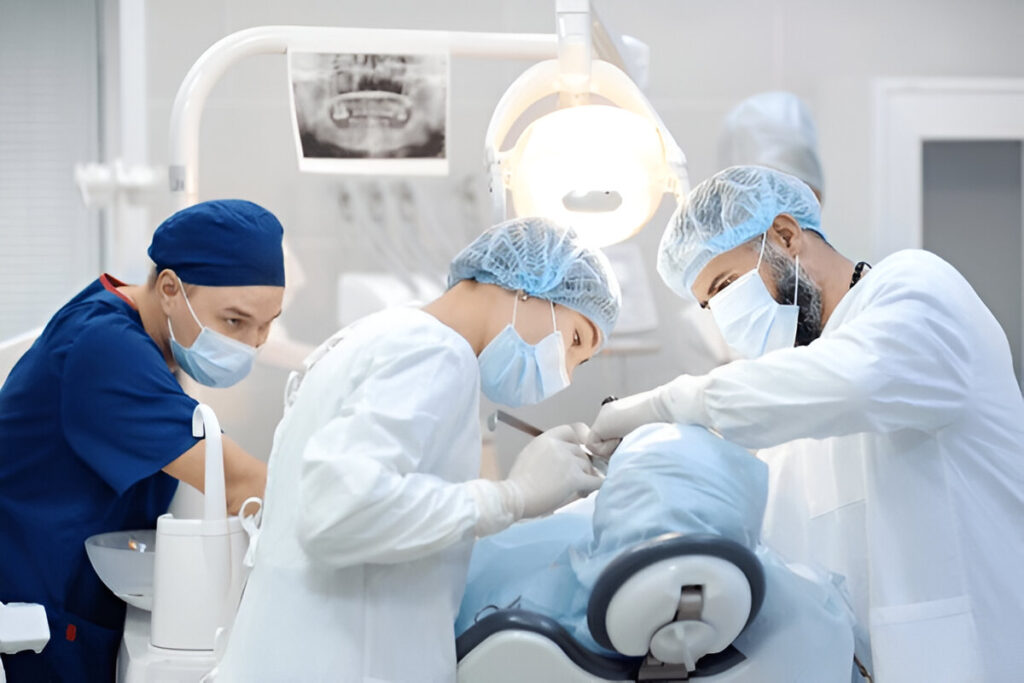
Before surgery, local anesthesia is administered to the patient. The surgery is planned in detail based on the cyst's size and location. Antibiotic treatment may be administered before surgery. After the cyst is removed, the area is sealed.
Dental cyst surgery can take several hours. Post-surgery, patients must pay extra attention to oral and dental health and use the prescribed medications regularly. Additionally, resting for 3–4 days is recommended. Resting will speed up the recovery process, and patients can resume their daily activities afterward.
Post-Treatment Care for Dental Cysts
After dental cyst treatment, sensitivity and pain may occur in the mouth. Since cyst recurrence is possible, regular follow-up appointments should not be neglected.
Post-treatment care includes the following:
- Extra attention to oral and dental hygiene is important, especially post-surgery, as infections may occur more frequently. Be gentle while brushing the treated area, and consider using a soft-bristled toothbrush.
- Avoid excessively hot, cold, and sticky foods and drinks. Sensitive teeth and gums may be affected by what you consume.
- Drinking plenty of water can speed up recovery.
- Avoid activities or sports where your jaw may be impacted during recovery.
We’ve explained dental cyst symptoms in detail. If you have questions about your oral and dental health, you can contact us or visit our clinic for a free initial consultation.
Don’t forget to take a closer look at our services!

 English
English Turkish
Turkish Deutsch
Deutsch العربية
العربية![[:en]Dental Cyst Symptoms! Treatment Process and Surgery![:tr]Diş Kisti Belirtileri! Tedavi Süreci ve Ameliyat![:de]Die Symptome einer Zahnzyste! Behandlungsprozess und Operation![:ar]أعراض كيس الأسنان! عملية العلاج والجراحة![:] Diş Kisti Belirtileri](https://proestetik.com.tr/wp-content/uploads/2024/12/dis-kisti-belirtileri.png)



